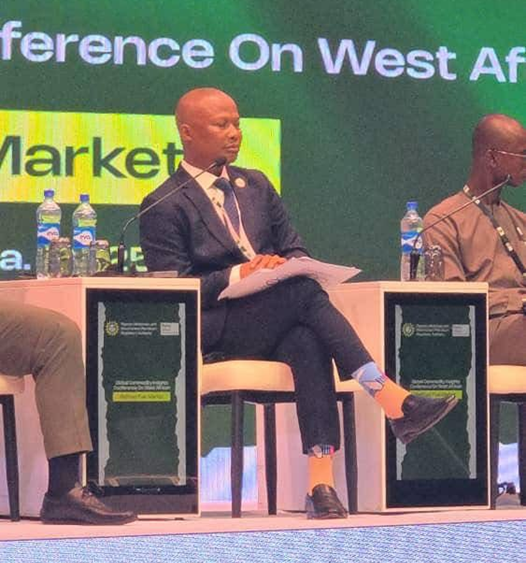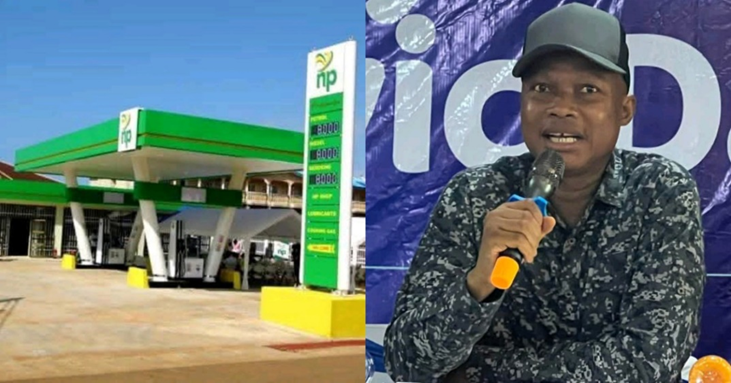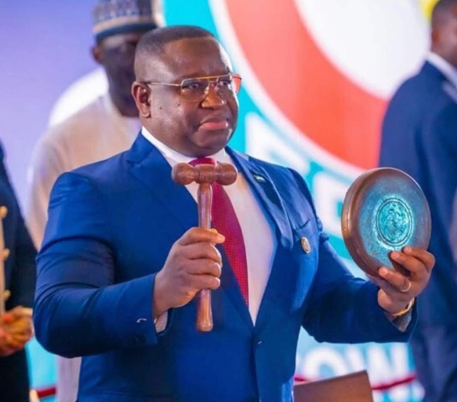By Mackie M. Jalloh
At the inaugural West African Refined Fuel Market Conference in Abuja on July 22–23, 2025, Dr. Brima Baluwa Koroma, Director General of Sierra Leone’s National Petroleum Regulatory Authority (NPRA), delivered a compelling call for unified regional fuel regulation and pricing standards. Hosted by Nigeria’s Midstream and Downstream Petroleum Regulatory Authority (NMDPRA) and S&P Global Commodity Insights, the event convened key stakeholders from across Africa to chart a new course for energy cooperation.
Dr. Koroma outlined Sierra Leone’s own transformation over the past six years—highlighting leaps in market competition, infrastructure expansion, and fiscal returns under his leadership. He emphasized that many ECOWAS countries spend over 70% of their hydrocarbon import bills importing refined fuels, despite having untapped refining potential and facing supply inefficiencies and price volatility.
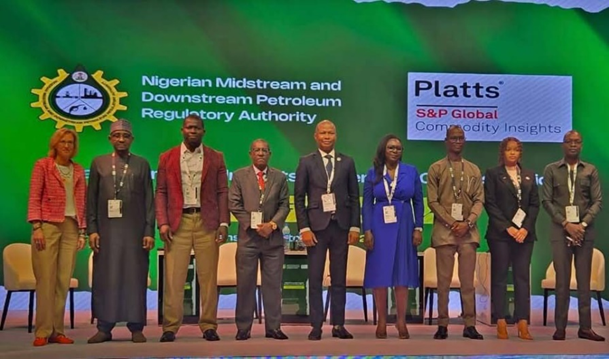
“The fragmentation of laws, policies, standards and tax regimes across West Africa weakens our collective leverage and stifles investment. It creates inconsistencies in fuel trade and pricing, uncoordinated subsidy policies, unfair competition, and reduced investor confidence… regional integration is not just desirable; it’s necessary and timely.’’
Dr. Koroma urged regulators to establish a permanent regional technical working group, encouraging aligned policies, data sharing, and joint pricing initiatives. Looking to precedents in East and Southern Africa, he said unified frameworks would help create a robust regional reference market and elevate investors’ confidence.
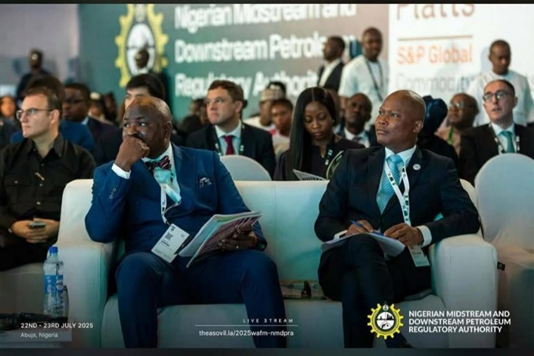
During side meetings, Dr. Koroma strengthened Sierra Leone’s reputation as a strategically reliable partner for petroleum infrastructure and regional storage solutions. He reaffirmed support for Africa-wide fuel pricing benchmarks and regulatory harmonization.
The conference culminated in the unanimous launch of the new African Downstream Regulators Association, a pan-African network that now includes NMDPRA (Nigeria), NPRA (Sierra Leone), SONAP (Guinée), NPA (Ghana), ARSE (Niger), CSPH (Cameroon), OMH (Madagascar), ERB (Zambia), and many more across the continent. Officials pledged cooperation on standard setting, trade facilitation, and energy security initiatives.
Under Dr. Koroma’s leadership since 2018, and with an extension in 2024, the NPRA has reshaped Sierra Leone’s petroleum landscape. His tenure ended monopoly dominance by National Petroleum and Leone Oil, welcoming new players like Aminata, Malador, and All Petroleum Products. Infrastructure also expanded through two modern jetties and over 300 compliant gas stations nationwide. Sierra Leone’s fuel pricing now enjoys global transparency, thanks to its integration into the PLATTS commodity reporting platform.
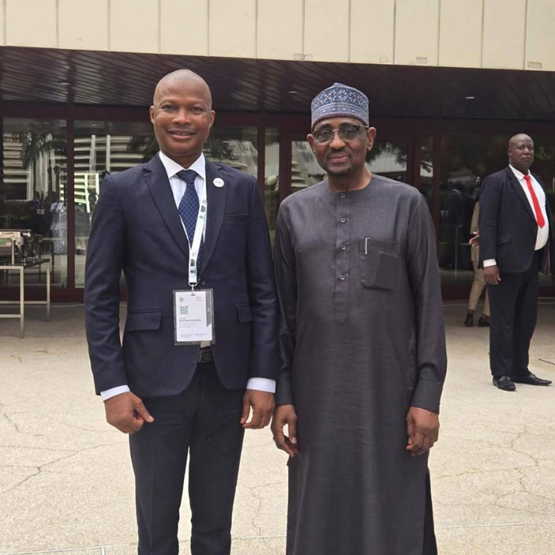
This shift helped revenue from the downstream sector surge from Le 4.6 billion in 2018 to roughly Le 800 billion in 2023, now accounting for 12% of domestic revenue.
Hosted in part to answer President Tinubu’s clarion call for Africa-led energy markets, the conference echoed widespread momentum for continent-wide regulatory alignment and market ownership.
Participants agreed that West Africa must no longer be passive in setting fuel prices and trading terms. Instead, standardized benchmarks, shared data systems, and coordinated policies are now seen as foundational to ensuring energy security, investment stability, and economic sovereignty.
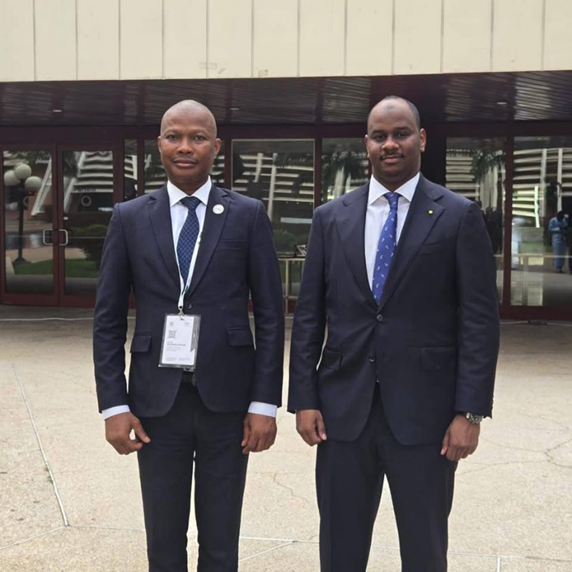
As the African Downstream Regulators Association takes root, Dr. Koroma and his peers have pledged regular dialogue, policy coherence, and collective capacity-building to shape a new era of fuel sector collaboration across Africa.
Sierra Leone, under NPRA’s stewardship, stands ready to lead by example in this historic transformation—where regional unity and smart regulation unlock prosperity, efficiency, and resilience in energy supply.

